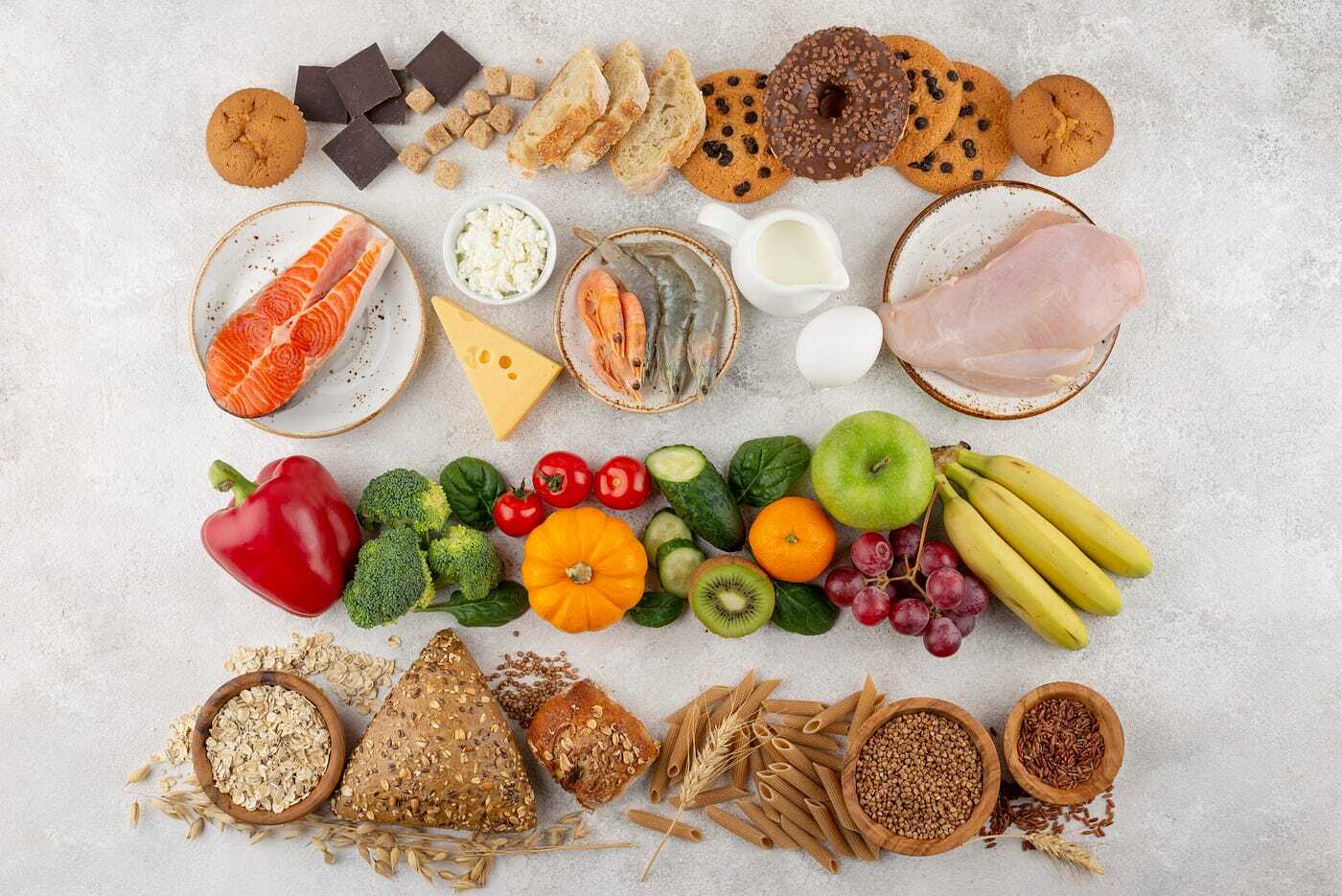
Are you tired of constantly checking food labels for allergens? You're not alone. Many people struggle with food allergies, making mealtime a stressful experience. But don't worry, there are plenty of allergen-friendly foods out there that can make life easier. From gluten-free grains to dairy-free alternatives, these options can help you enjoy your meals without the fear of allergic reactions. Whether you're dealing with nut allergies, lactose intolerance, or gluten sensitivity, there's something for everyone. Let's dive into 25 facts about allergen-friendly foods that will not only inform you but also inspire you to try new, safe, and delicious options.
Key Takeaways:
- Allergen-friendly foods are designed to be safe for people with food allergies, avoiding common allergens like nuts, dairy, and gluten. They offer healthier options and allow inclusive eating for everyone.
- Popular allergen-friendly ingredients include rice flour, coconut milk, chickpea flour, and aquafaba, providing tasty alternatives while catering to various dietary needs.
Understanding Allergen-Friendly Foods
Allergen-friendly foods are designed to be safe for people with food allergies. These foods avoid common allergens like nuts, dairy, and gluten. Let's dive into some fascinating facts about these special foods.
-
Allergen-friendly foods are often free from the top eight allergens: milk, eggs, fish, shellfish, tree nuts, peanuts, wheat, and soy.
-
Gluten-free products are a subset of allergen-friendly foods. They cater to those with celiac disease or gluten sensitivity.
-
Dairy-free options are crucial for people with lactose intolerance or a milk allergy. Almond milk, soy milk, and oat milk are popular alternatives.
-
Nut-free snacks are essential for those with peanut or tree nut allergies. Sunflower seed butter is a common substitute for peanut butter.
Benefits of Allergen-Friendly Foods
These foods offer numerous benefits beyond just avoiding allergens. They can be healthier and more inclusive for everyone.
-
Allergen-friendly foods often contain fewer preservatives and artificial ingredients, making them a healthier choice.
-
Inclusive eating is easier with allergen-friendly foods. They allow people with different dietary needs to enjoy meals together.
-
Improved digestion can be a benefit of allergen-friendly foods, especially for those with sensitivities to certain ingredients.
-
Lower inflammation is another potential benefit, as avoiding allergens can reduce inflammatory responses in the body.
Popular Allergen-Friendly Ingredients
Certain ingredients are commonly used in allergen-friendly foods to replace allergens while maintaining taste and texture.
-
Rice flour is a popular gluten-free alternative to wheat flour. It’s used in baking and cooking.
-
Coconut milk serves as a dairy-free substitute in many recipes, providing a creamy texture without the lactose.
-
Chickpea flour is another gluten-free option. It’s high in protein and works well in savory dishes.
-
Aquafaba, the liquid from canned chickpeas, can replace eggs in baking. It mimics the binding properties of eggs.
Allergen-Friendly Food Labels
Reading labels is crucial for those with food allergies. Allergen-friendly foods often have specific labels to help consumers make safe choices.
-
Certified gluten-free labels indicate that a product contains less than 20 parts per million of gluten, making it safe for those with celiac disease.
-
Dairy-free labels ensure that a product contains no milk or milk derivatives, which is vital for those with dairy allergies.
-
Nut-free labels guarantee that a product is made in a facility free from nuts, reducing the risk of cross-contamination.
-
Soy-free labels are important for those with soy allergies. These products avoid all forms of soy, including soy lecithin.
Allergen-Friendly Food Brands
Several brands specialize in creating allergen-friendly foods, making it easier for consumers to find safe options.
-
Enjoy Life Foods offers a wide range of snacks free from the top eight allergens.
-
Bob’s Red Mill provides various gluten-free flours and baking mixes, catering to those with gluten sensitivities.
-
So Delicious specializes in dairy-free products, including ice cream, yogurt, and milk alternatives.
-
SunButter produces sunflower seed butter, a popular alternative to peanut butter for those with nut allergies.
Allergen-Friendly Recipes
Cooking allergen-friendly meals at home can be simple and delicious with the right recipes.
-
Gluten-free pancakes can be made using rice flour and almond milk, providing a fluffy texture without gluten or dairy.
-
Dairy-free mac and cheese uses nutritional yeast and cashew cream to create a creamy, cheesy flavor without milk.
-
Nut-free granola combines oats, seeds, and dried fruit for a crunchy, satisfying snack without nuts.
-
Egg-free brownies can be made using aquafaba or flaxseed meal as a binder, resulting in a rich, fudgy dessert.
-
Soy-free stir-fry uses coconut aminos instead of soy sauce, offering a similar umami flavor without soy.
Final Thoughts on Allergen-Friendly Foods
Allergen-friendly foods offer a lifeline for those with dietary restrictions. They provide safe, nutritious options without sacrificing taste. From gluten-free grains to dairy-free alternatives, these foods ensure everyone can enjoy a diverse diet. They also promote inclusivity at social gatherings, making sure no one feels left out. Plus, they often come with added health benefits, like being lower in processed ingredients.
Exploring allergen-friendly foods can lead to discovering new flavors and recipes. It’s a win-win for health and culinary adventure. So next time you’re shopping or cooking, consider these options. They might just surprise you with their versatility and taste.
Remember, eating well doesn’t mean compromising on flavor or fun. Allergen-friendly foods prove that delicious and safe can go hand in hand. Happy eating!
Frequently Asked Questions
Was this page helpful?
Our commitment to delivering trustworthy and engaging content is at the heart of what we do. Each fact on our site is contributed by real users like you, bringing a wealth of diverse insights and information. To ensure the highest standards of accuracy and reliability, our dedicated editors meticulously review each submission. This process guarantees that the facts we share are not only fascinating but also credible. Trust in our commitment to quality and authenticity as you explore and learn with us.
